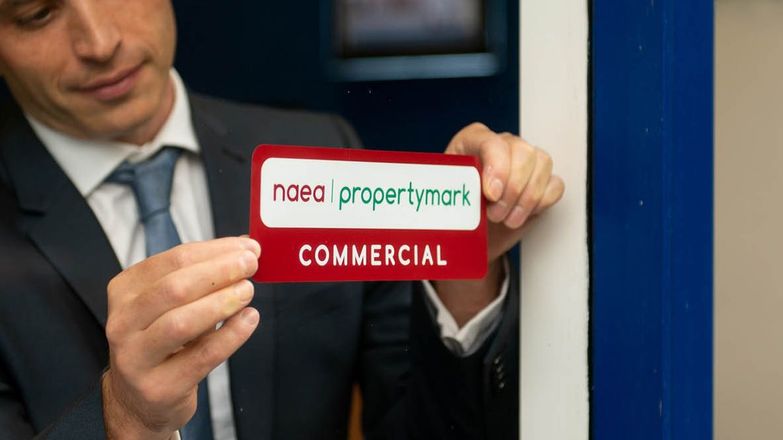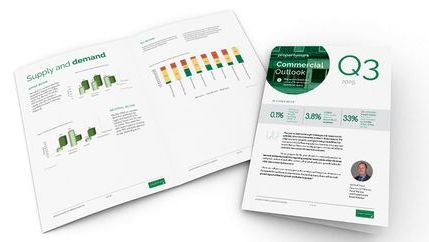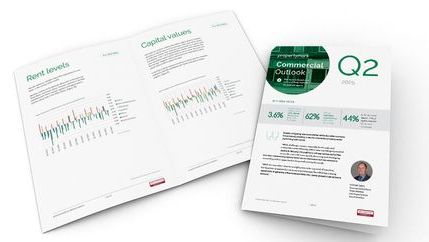
Tell the insurer about any changes
When a policy is arranged, it’s vital to check that the description of the insured property is accurate, and the sums insured are adequate. Sears recommends that landlords should always read their policy carefully, especially the schedule, to make sure it meets the needs of their property and business.
It’s equally important to keep the insurance company informed about changes that happen during the policy term, to avoid accidentally breaking the terms of the contract.
Material facts can include changes to business processes or activities, updated security or fire installations, amendments to the lease or tenancy agreement, and periods of unoccupancy.
Agents should encourage landlords to speak to their insurer if they are unsure if something is a material fact. Alterations to a policy can be made as needed, not just during renewal.
Be aware of the owner's obligations
As with residential home insurance, commercial insurers will expect the policyholder to be compliant with the law and keep essential documents and maintenance up to date.
For example, the policy terms may require up-to-date electrical inspections and gas safety certificates, leases or contractual tenancies in place, and compliance with the Regulatory Reform (Fire Safety) Order 2005 or similar laws in Scotland or Northern Ireland.
Make sure tenants understand their responsibilities
The type of business the premises are used for may impact the terms of the insurance contract. Sears highlights how important it is that the agent makes sure the tenant is given a copy of the insurance policy documents and that they understand the conditions they must comply with at the start of the tenancy, or whenever a new insurance policy is put in place.
If the tenant runs a restaurant or takeaway, they may be required to clean filters, traps, or other grease removal devices at least once every two weeks. A workshop undertaking welding and other hazardous activities may need to have enhanced fire safety measures in place and ensure safe storage of tools and materials.
Protect unoccupied premises
Insurers have different grace periods, but every unoccupied site will carry conditions that must be met for cover to remain in place.
Common examples include a requirement for minimum standards of security (including regular site inspections), water being drained down or heating left at a minimum of 15°C, and electricity and gas switched off at mains (unless necessary for security purposes).




